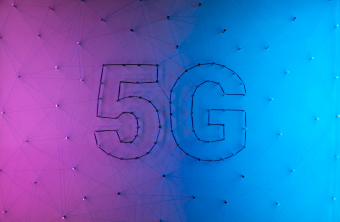

The advent of 5G technology marks a transformative milestone in the realm of connectivity and mobile computing. Promising exponentially faster speeds, lower latency, and greater capacity than its predecessors, 5G is set to revolutionize how we interact with our devices and the digital world. This next-generation wireless technology is not just an upgrade; it’s a catalyst for innovation across numerous industries, from healthcare and entertainment to transportation and smart cities. In this article, we will delve into how 5G technology is reshaping connectivity and mobile computing, exploring its potential impacts, benefits, and the future it heralds.
5G, the fifth generation of mobile networks, builds upon the foundation laid by 4G LTE but offers significant improvements. Here are some of its key features:
5G’s transformative potential is perhaps most evident in the realm of mobile computing. Here are several ways in which 5G is revolutionizing this field:
The impact of 5G extends beyond individual mobile users to various industries, driving innovation and efficiency.
While the potential of 5G is vast, its deployment comes with challenges:
The rollout of 5G is still in its early stages, but its impact is already being felt. As the technology matures and becomes more widespread, we can expect to see even more innovative applications and services. Here are a few future trends:
5G technology is revolutionizing connectivity and mobile computing, bringing about unprecedented changes and opportunities. Its impact on industries, mobile experiences, and daily life is profound, heralding a future where connectivity is seamless, devices are smarter, and innovation knows no bounds. As we navigate the rollout and adoption of 5G, it is essential to address the challenges and harness its potential responsibly to ensure it benefits society as a whole. The 5G revolution is just beginning, and its journey promises to reshape our world in ways we are only beginning to imagine.